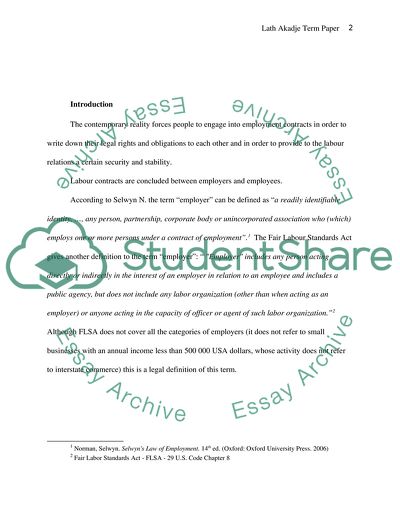Cite this document
(“Employment Law for Business: At-Will Employment Term Paper”, n.d.)
Employment Law for Business: At-Will Employment Term Paper. Retrieved from https://studentshare.org/law/1745205-employment-law-for-businessat-will-employment-term-paper
Employment Law for Business: At-Will Employment Term Paper. Retrieved from https://studentshare.org/law/1745205-employment-law-for-businessat-will-employment-term-paper
(Employment Law for Business: At-Will Employment Term Paper)
Employment Law for Business: At-Will Employment Term Paper. https://studentshare.org/law/1745205-employment-law-for-businessat-will-employment-term-paper.
Employment Law for Business: At-Will Employment Term Paper. https://studentshare.org/law/1745205-employment-law-for-businessat-will-employment-term-paper.
“Employment Law for Business: At-Will Employment Term Paper”, n.d. https://studentshare.org/law/1745205-employment-law-for-businessat-will-employment-term-paper.


